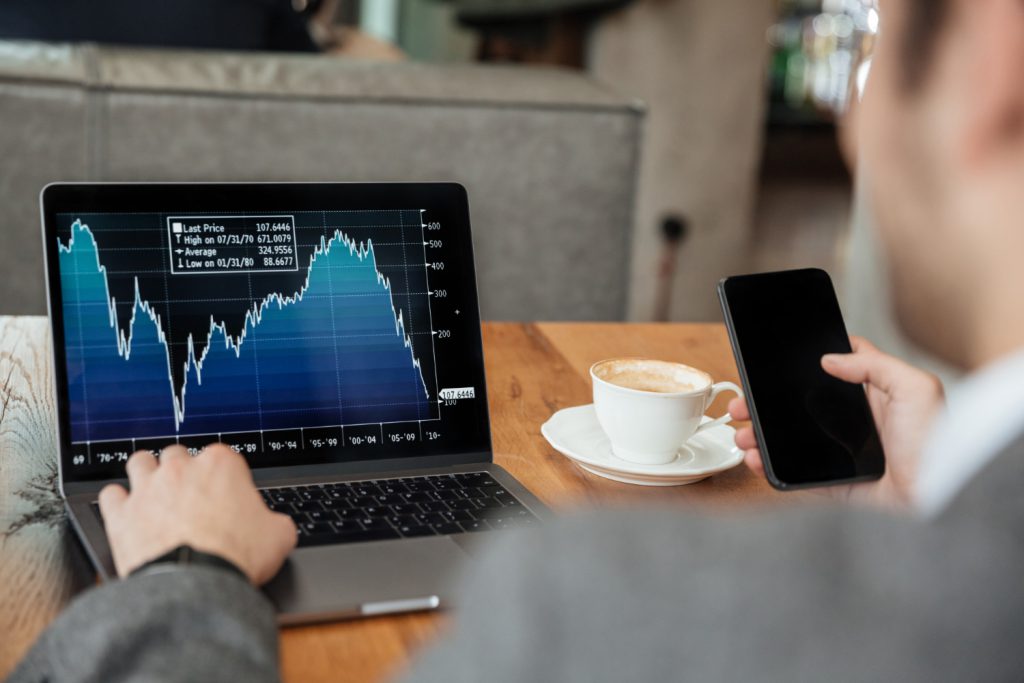Investment 101: How does market volatility affect investments?

Collaborative Post
It is never too late to begin investing your money. In fact, investing can help many retirees to stretch their nest eggs as far as possible, and grow their pot of money intended as inheritance – provided that these investments are safe and stable, of course. That said, investment can be a difficult concept to get your head around. With this in mind, let’s break down those tricky concepts, and dive straight into market volatility.
What is market volatility?
Market volatility is essentially exactly what it says on the tin – how volatile a market is. In other words, it indicates how unpredictable markets can be by measuring price fluctuations over a set period. In turn, market volatility can be used to predict future trends for the wider economy.
Take the S&P 500 futures chart, for example. This US stock market index tracks the return and volatility of the 500 top companies that have stock listed on the New York Stock Exchange or NASDAQ, representing about 80% of the total market capitalisation. As such, this chart can indicate the overall health and volatility of the US economy, and generate useful insights for investors and businesspeople alike. In the UK, the FTSE 100 serves a similar purpose.
In technical terms, volatility is a market return’s standard deviation. Essentially, this is how much – and how quickly – prices will rise and fall. If prices rise and fall dramatically over a short time, this is known as high volatility, whereas if prices fluctuate less or stay somewhat the same, this is known as low volatility. Further to this, you might also see historical volatility, which looks at the past price rises of the market. Contrary to this you have implied volatility, which uses historical data to predict future volatility.
How does this affect investments?
Volatility can be affected by a wide range of factors, including politics, the economy, the performance of a specific industry, or even a specific company. In turn, this can affect your personal investments. As volatility is essentially how much and how quickly prices can fluctuate, market volatility can affect the value of investments – whether this is positive or negative. In this sense, low-volatility investments are typically more popular, as this shows that they are more stable. On the other hand, high-volatility investments are riskier but could come with a higher return on investment (ROI).
Now, volatility is a normal part of investment – prices are inevitably going to rise and fall, so there is nothing to panic about. Instead, it is important to understand the volatility of the market you are investing in, which will allow you to spot any changes that are out of the ordinary, and take steps accordingly. For example, The Times Money Mentor advises that if you suddenly see an unusual spike in the value of your investment, it might be a good time to sell and capitalise on this jump – if a market sees an unusual drop in value, this is a good time to buy before prices return to normal.
As you can see, market volatility is something that every investor will come into contact with during their investment journey, the trick is to understand what it means for your personal investments. By tracking their performance with volatility in mind, you’ll be better placed to make more informed decisions going forward.
Image by drobotdean on Freepik

